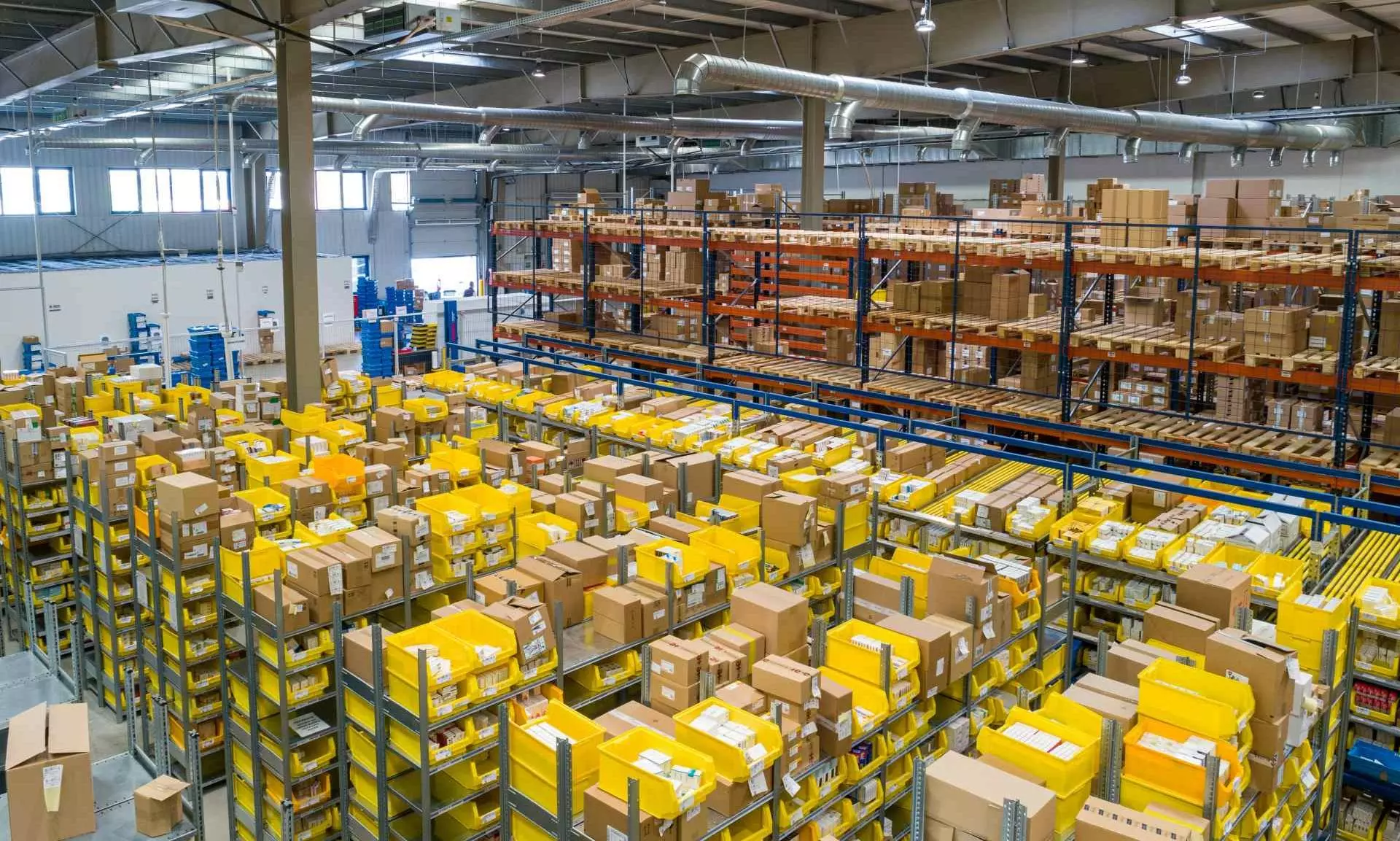How rapid online retail growth is redefining Indian logistics

The exponential growth of e-commerce has been a driving force reshaping the logistics sector worldwide, with India experiencing a significant impact on its logistics landscape. The proliferation of online retail in India, fueled by factors like increased internet penetration, smartphone usage, and the widespread adoption of digital payments, has brought with it a raft of opportunities and problems for logistics companies. In this ever-evolving landscape, the logistics sector is adapting and innovating to meet the dynamic demands of e-commerce growth.
India's e-commerce retail industry has evolved remarkably, spurred by a confluence of factors. Government initiatives, reduced smartphone and data plan prices, and a notable shift in consumer behaviour towards the ease with which internet buying is convenient have all led to the industry's substantial expansion. Notably, this growth is not confined to major urban centres but is organically spreading to tier II and below cities and towns, reflecting a changing retail landscape.
The unprecedented growth of e-commerce has generated an insatiable demand for efficient logistics services. Efficient and timely delivery has become critical to customer satisfaction, prompting logistics companies to invest in advanced technologies and infrastructure. Automated warehouses, distribution centres, and innovative delivery models such as omnichannel retailing have emerged as responses to the evolving needs of the e-commerce supply chain.
The surge in e-commerce activity has redefined the retail landscape and reshaped the transportation and warehousing dynamics. Traditionally dominated by road transport, the industry is now embracing air and sea freight for its efficiency in handling large quantities of goods. This strategic shift aligns with the growing demand for quicker and more reliable deliveries. Concurrently, the increased need for warehousing and storage space, driven by the surge in online purchases, has led to substantial investments in new warehouses and distribution centres, propelling the growth of the logistics sector.
As e-commerce continues to grow, logistics companies become major employers, creating job opportunities for millions. The demand for skilled labour has increased, with a focus on employees proficient in new technologies and capable of managing large volumes of goods. This trend underscores the logistics sector's pivotal role in the evolving job market.
Logistics companies proactively invest in technology, expand services, and diversify their business models to stay ahead of the curve. These strategic moves not only keep them abreast of industry trends but also enable them to cater to a broader customer base.
The transformative role of technology in e-commerce logistics is undeniable, with several innovations reshaping the industry:
1. Internet of Things (IoT)
Enabling real-time information on parcel contents, location, and arrival, IoT enhances supply chain visibility and customer satisfaction. However, the implementation of IoT raises concerns about data privacy, particularly in the last-mile delivery process.
2. Advanced Algorithms
Logistics companies leverage sophisticated algorithms and software for optimal last-mile delivery routing, carrier selection, and fleet optimisation, significantly enhancing efficiency and reducing operational costs.
3. Artificial Intelligence (AI) and Automation
The proliferation of AI and automation has streamlined operations for e-commerce retailers. Technologies like chatbots, recommendation engines, and visual research enhance the overall customer experience, making the entire supply chain more efficient and responsive.
4. Analytics
Data analytics has become integral to decision-making in e-commerce logistics. It aids in resolving various operational issues, including inventory management, performance tracking, fleet optimisation, cost management, and budget allocation, contributing to more informed business decisions.
Despite its remarkable growth, the e-commerce logistics sector in India faces several challenges that need careful consideration:
1. Cost pressures
The increasing demand for fast and efficient deliveries poses cost pressures on logistics companies, requiring innovative solutions to balance service quality and profitability.
2. High volume of returns
The e-commerce sector often grapples with high return rates, adding complexity to logistics operations and necessitating robust systems for reverse logistics.
3. Poor infrastructure
Inadequate physical infrastructure poses a significant challenge, affecting the speed and efficiency of logistics operations.
4. Readiness for cross-border e-commerce
The rapid growth of cross-border e-commerce demands a proactive approach to ensure the logistics sector is ready to handle the complexities of international shipments.
As e-commerce continues flourishing in India, the logistics sector is expected to evolve further. The demand for coherent and efficient logistics setups will persist, driving investments and strategic tie-ups. Hence, the symbiotic relationship between e-commerce and the logistics sector in India underscores the need for continual adaptation and innovation. The dynamics of this evolving partnership will shape the future of logistics, influencing how goods are transported, stored, and delivered in the ever-expanding world of online retail.

Nirav Doshi
He is the founder and managing director of the intralogistics automation company NIDO Group.



